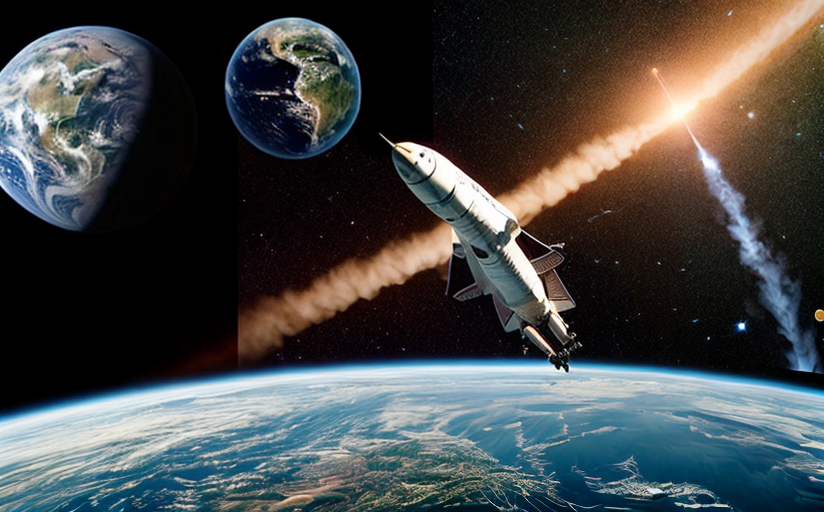Space Tourism: Potential Environmental Impacts and Sustainability Measures
As developments in space travel grow, so too does the prospect of space tourism. This burgeoning industry promises to turn science fiction dreams into reality. However, along with its promising opportunities, it brings significant challenges, particularly in the areas of environment and sustainability.
Potential Environmental Impacts of Space Tourism
One notable environmental concern relates to the rocket emissions. Rockets release large volumes of gases and particulate matter into the Earth's upper atmosphere, where they can remain for years, potentially impacting the ozone layer and contributing to climate change. Additionally, the sonic booms created during rocket launches can negatively affect wildlife, particularly in regions near the launch sites.
Mitigation Measures and Sustainable Operations
Given these potential impacts, it is vital that the space tourism industry adopts mitigation measures and commits to sustainable operations. For example, developing reusable rockets can significantly reduce waste and the overall environmental impact, as can progress in green propellant technologies. Members of the industry can also mitigate ground-level impacts – like those from sonic booms – by choosing launch sites that minimize disruption to the local environment and wildlife.
Existing Guidelines for Sustainable Space Tourism
The United Nations' Committee on the Peaceful Uses of Outer Space (COPUOS) has set some precedent for sustainability in space activities, promoting the concept of conducting space exploration in a manner that prevents harmful contamination. Although these guidelines are not yet definitive for the nascent space tourism industry, they provide a basis for future legislation.
Future Advancements in Technology
The future holds potential for further advancements in technology to minimize the environmental footprint of space tourism. This includes not only the development of more efficient, less polluting rockets, but also innovations such as space debris tracking and removal systems, which can help to ensure the long-term sustainability of space activities.
Conclusion
Undeniably, space tourism offers exciting possibilities that could revolutionize our relationship with the cosmos. However, it is crucial that this exploration does not come at the expense of our home planet's environment. By focusing on sustainable operations, adhering to existing guidelines, and continually pushing for technological advancements that reduce environmental impacts, the space tourism industry can move towards a future that balances the thrill of exploration with the necessity of conservation.




















Comments
Leave a Comment